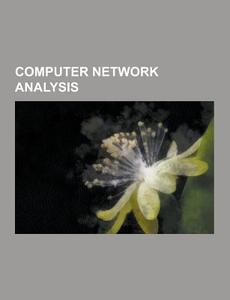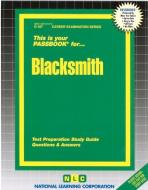
Computer network analysis
- Editore:
Books LLC, Reference Series
- EAN:
9781156428641
- ISBN:
1156428645
- Pagine:
- 36
- Formato:
- Paperback
- Lingua:
- Inglese
Descrizione Computer network analysis
Source: Wikipedia. Pages: 35. Chapters: Bandwidth-delay product, Bit time, Burstable billing, BWPing, Castalia (simulator), Cheeger constant (graph theory), Committed information rate, Degree of anonymity, Dynamic network analysis, GloMoSim, Hit (Internet), IDEA1, Internet traffic, Intorel, Lanmeter, Measuring network throughput, Metrics (networking), Mobility Framework, NetFlow, NetSim, Network calculus, Network Compartment, Network complexity, Network simulation, Network traffic simulation, NPAD, Ns (simulator), OMNeT++, OpenNMS, OverSim, Path MTU Discovery, Peak information rate, Ping sweep, Port mirroring, QualNet, Self-Similarity of Network Data Analysis, SFlow, Simmcast, Slot time, Speedtest.net, Traffic generation model, Web traffic. Excerpt: NetFlow is a network protocol developed by Cisco Systems for collecting IP traffic information. NetFlow has become an industry standard for traffic monitoring and is supported on various platforms, see NetFlow support below. Routers and switches that support NetFlow can collect IP traffic statistics on all interfaces where NetFlow is enabled, and later export those statistics as NetFlow records, toward at least one NetFlow collector - typically a server that does the actual traffic analysis. A network flow can be defined in many ways. Cisco standard NetFlow version 5 defines a flow as a unidirectional sequence of packets that all share the following 7 values: Note that the Egress interface, IP Nexthop or BGP Nexthops are not part of the key, and may not be accurate if the route changes before the expiration of the flow, or if load-balancing is done per-packet. That definition of flows is also used for IPv6, and a similar definition is used for MPLS and Ethernet flows. Advanced NetFlow or IPFIX implementations like Cisco Flexible NetFlow allow user-defined flow keys. The router will output a flow record when it determines that the flow is finished. It does this by flow aging: when the router sees new traffic for an existing flow it resets the aging counter. Also, TCP session termination in a TCP flow causes the router to expire the flow. Routers can also be configured to output a flow record at a fixed interval even if the flow is still ongoing. NetFlow records are traditionally exported using User Datagram Protocol (UDP) and collected using a NetFlow collector. The IP address of the NetFlow collector and the destination UDP port must be configured on the sending router. The standard value is UDP port 2055, but other values like 9555 or 9995 are often used. For efficiency reasons, the router traditionally does not keep track of flow records already exported, so if a NetFlow packet is dropped due to network congestion or packet corruption, all contained records are lo












